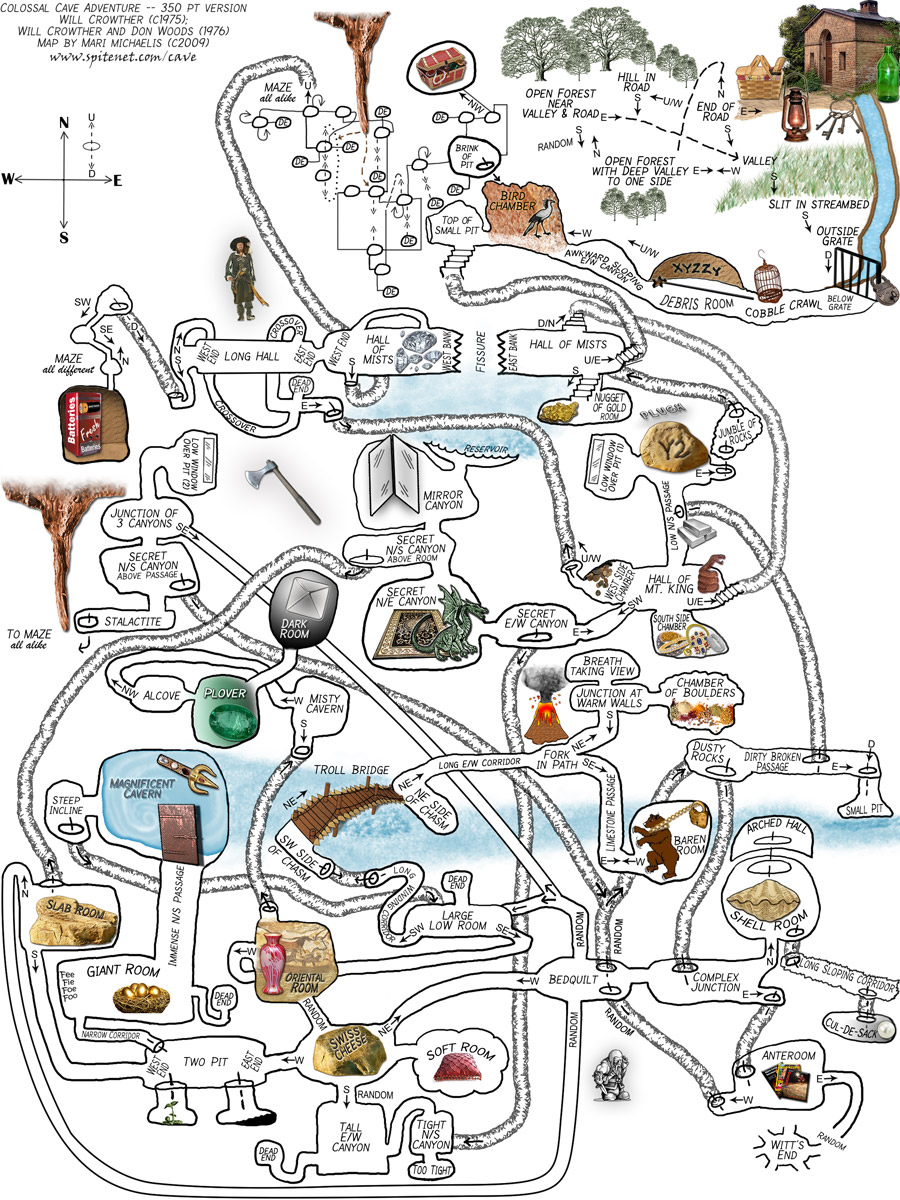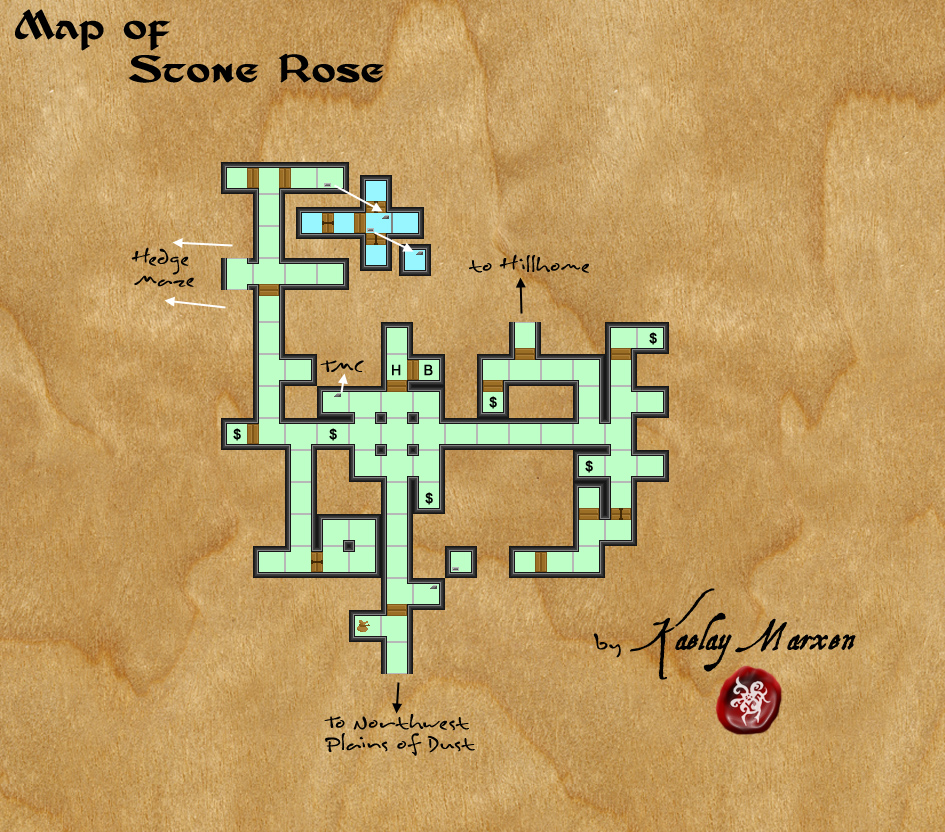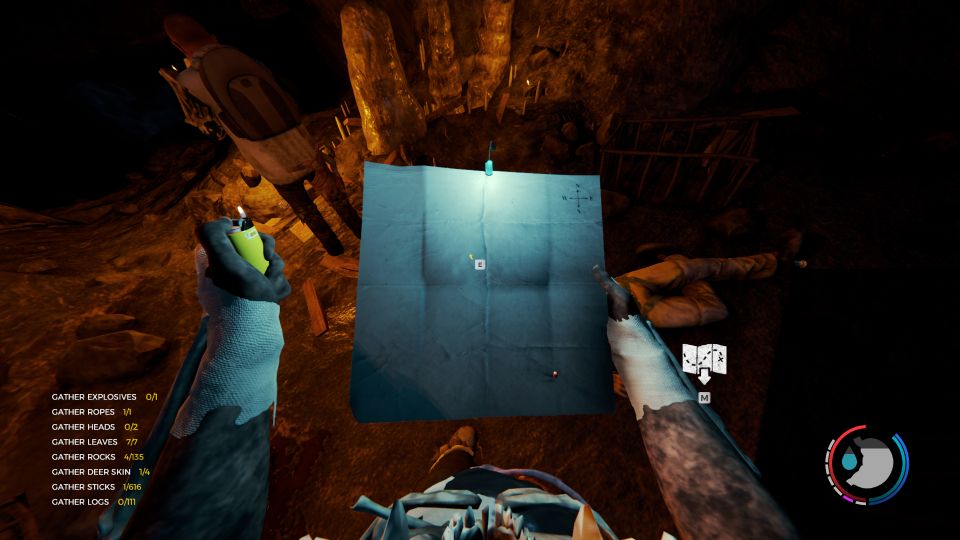
#Colossal cave adventure map in a forest software
Re: collaborative code annotation software (for our group, or in general) - it might be useful to look at how others have collaboratively annotated code.Ĭode review and collaborative code annotation software are actually a category of program in software engineering. Also in case it wasn't clear from the above, the linked Knuth "CWEB" example is a reimplementation in C, called CWEB because both C code and documentation is being generated out of Knuth's literate programming framework.Ĭomment by Jeremy Douglass on Februat 8:52am What way would you see as most effective? What are the advantages and disadvantages of various options? If you had your dream annotation system, what might it include?Ĭomment by Jeremy Douglass on Februat 8:49pmĭennis says this in his Digital Humanities Quarterly article and elsewhere, but just in case: the code above is FORTRAN, developed on the PDP-10. I'm also thinking about social annotation tools like Diigo or blogging comment tools like Commentpress. Do people know of other examples?Īlso, to simplify this process, Jeremy came up with this current configuration, but since annotating code (either collectively to discover interesting aspects to discuss or individually to present readings) is likely to be a key component of CCS, I wonder what other ways would people consider implementing this process?ĭennis had originally mentioned a wiki.

To my knowledge this marks the first time the source code from a program has been collectively annotated with eye toward interpretation. Countless others gave advice, and encouragement, along the way.

Les Earnest, Bruce Baumgart, Martin Frost, and Don Woods collaborated to dig up the files I had been seeking for years. The original source code for Will Crowther's " Colossal Cave Adventure" was discovered in 2005, on a backup of Don Woods's student account at Stanford University. But you cannot fully appreciate the astonishing brilliance of its design until you have seen all of the surprises that have been built in. Of course I urge everybody to play the game first, at least ten times, before reading on.

I believe people who have played this game will be able to extend their fun by reading its once-secret program. In a 106-page demonstration of the literate programming model, Don Knuth (with the help of Don Woods) deconstructs the FORTRAN source code of the Crowther/Woods version of "Adventure," "recast it in the CWEB idiom" ( Knuth 1998/2002). (For details, see " Somewhere Nearby is Colossal Cave: Examining Will Crowther's Original Adventure in Code and in Kentucky.") A partial video walkthrough of the game is available here.

The game, originally created by BBN programmer Will Crowther, was expanded by Stanford graduate student Don Woods in 1977 the expanded version made a splash on the emerging Internet, quickly inspiring a group of MIT programmers to produce their own text game, eventually known as Zork, the cornerstone of the legendary 1980s gaming company Infocom. The appendix at the bottom of this page shows the oldest known version of Crowther's source code (dated March 11, 1977).Īlso part of our project for this week - and also included in the appendix - is the accompanying data file, which contains text descriptions of rooms, vocabulary recognized by the game's parser, and a data model of the connections between various game locations.
#Colossal cave adventure map in a forest series
I'm thrilled at the opportunity to invite the CCS community to collaborate on an annotated edition of Will Crowther's original source code, using a series of public-editable files. Group Code Annotation: Colossal Cave AdventureĪccording to Donald Knuth, designer of the "literate programming paradigm," Colossal Cave Adventure is the "ur-game for computers" ( Knuth 1998/2002).īecause computer games have, for decades, been a point of connection between the worlds of technology (from the Greek techne, "skill") and art (from the Latin ars artis, also meaning "skill), it seems fitting to revisit Adventure" in the context of Critical Code Studies (CCS).


 0 kommentar(er)
0 kommentar(er)
